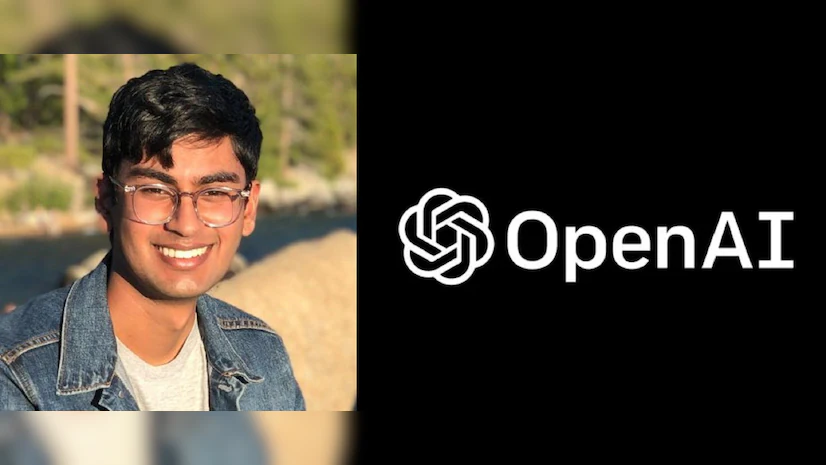

The family of Suchir Balaji, a former researcher at OpenAI, disputes official reports labeling his November 26, 2024, death as a suicide.
The tech community mourns the tragic death of Suchir Balaji, a 26-year-old former OpenAI scholar, who was found dead in his San Francisco apartment. The Office of the Chief Medical Examiner confirmed the death as suicide, stating, “The manner of death has been determined to be suicide.” Balaji’s untimely demise has sparked widespread shock, with tech mogul Elon Musk responding cryptically on X with a simple “hmm.”
Suchir Balaji was a rising star in the AI world, having worked at OpenAI from November 2020 to August 2024. A graduate of the University of California, Berkeley, with a degree in computer science, Balaji made significant contributions to AI, including work on WebGPT, GPT-4 pretraining, and post-training efforts for ChatGPT.
Despite his achievements, Balaji became increasingly concerned about the ethical implications of generative AI. He criticized OpenAI for allegedly using copyrighted data in training its AI models, a practice he believed violated ethical boundaries.
In a candid interview with The New York Times, Balaji stated, “If you believe what I believe, you have to just leave the company,” explaining his reasons for leaving OpenAI after four years of dedicated service.
Balaji was outspoken about his objections to the misuse of generative AI. He frequently addressed concerns over copyright infringement and its impact on the internet. In an October post on X, he questioned the legal basis of fair use in AI training, expressing doubts about the defensibility of generative AI products in this context.
“I initially didn’t know much about copyright, fair use, etc., but became curious after seeing all the lawsuits filed against GenAI companies. Fair use seems like a pretty implausible defense for a lot of generative AI products,” he wrote.
In a detailed blog post, Balaji outlined the complexities of fair use laws, emphasizing the potential harm caused by generative AI to markets for copyrighted works. He argued for stricter ethical standards in AI development, a stance that resonated with many but also sparked controversy.
Balaji’s critiques of AI’s ethical shortcomings and his departure from OpenAI highlighted growing tensions within the tech industry regarding intellectual property rights. His death has reignited debates about the social responsibilities of AI developers and the legal frameworks surrounding generative AI.
As tributes pour in from across the tech world, his legacy will likely continue to influence discussions on the ethical boundaries of AI development.
ALSO READ: Trump Claims Government Knows More About Mysterious Drone Sightings Than Disclosed
Tamil actor and director Manoj Bharathiraja, son of veteran filmmaker Bharathiraja, passed away at 48…
Comedian Kunal Kamra is facing a severe backlash for his satirical performance at the now-demolished…
Manoj began his film career assisting his father and renowned director Mani Ratnam on projects…
Despite the lengthy wait, Neha Kakkar reportedly performed for less than an hour, leaving fans…
The US has brokered separate agreements with Ukraine and Russia to ensure safe navigation in…
CIA Director John Ratcliffe said his communications within a messaging group were entirely lawful and…